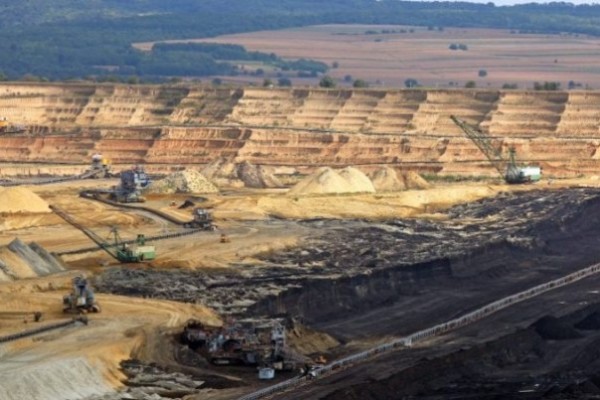| Chinese Balkan investment pledges stoke EU concern | |

| Author: CSEBA / Financial Times |
| 5th July 2018 |
| LONDON - China has lavished investment pledges on Balkan states as it prepares for a summit with 16 EU countries and aspiring members, stoking fears in Brussels and influential national capitals of an effort to divide the bloc. |
|
The gathering of the “16+1” grouping in Sofia this week, just before the EU’s own summit with China this month, will be a fresh marker of Beijing’s ambitions in the region at a time of tension in Europe’s relations with Washington and Moscow. One EU diplomat said Beijing’s response to bloc concerns that the 16+1 format “sucks up resources from the EU-China relationship” had been to bring the annual summit forward to barely seven months after the last one in Budapest. “The Chinese reaction was to press on the accelerator — a very typical reaction,” the diplomat said. Chinese investment into the 16 European countries reveal a strong focus on Balkan states that want to join the EU, according to an analysis by the Center for Strategic and International Studies (CSIS), a Washington-based think-tank. Some $4.9bn of deals, or more than half of the $9.4bn total with the 16+1 in 2016 and 2017, were concentrated in the group’s five non-EU members — Albania, Bosnia and Herzegovina, Macedonia, Montenegro and Serbia, according to the data. Serbia and Montenegro are in talks to join the EU, while Albania and Macedonia last week received conditional go-ahead from the bloc to start accession negotiations next year. Analysts said the smallest and weakest economies in the group had attracted the most investment under China’s Belt and Road Initiative because doing deals with non-EU members made it easier for Beijing to drive harder bargains. The initiative was “having its greatest impact in smaller, riskier economies that lack infrastructure financing alternatives,” said Jonathan Hillman, director of the Reconnecting Asia project at CSIS. “When China’s offer is the only one on the table, it has much more leeway to strike deals that require using its companies, workers, and so on. ”In particular, EU rules state that infrastructure contracts must be opened up to competitive tender, whereas China’s state-owned development banks, the China Development Bank and the Export-Import Bank of China, tie their lending to Chinese contractors winning the work. Investments by Chinese companies have often helped raise public support for pro-Russian politicians and parties in eastern Europe, where Chinese investment does not carry the political stigma that Moscow-backed investment would. In the Balkans, many Chinese deals are focused on infrastructure, including railways, that host states feel western European nations have been reluctant to fund. The infrastructure, once completed, would allow goods to flow from the Greek port of Piraeus into the interior of southeastern Europe, in a strategy developed since Chinese shipping company Cosco invested in the port after the eurozone crisis. The promise of such investments has led some central and European states to support Chinese diplomatic priorities. But there have been tensions between China and other 16+1 countries over the quality of some Beijing-backed projects and the failure of others to materialise. “There is a slow awakening in some of the . . . countries regarding the promised, so far rather illusionary, investment — but it has not reached a big proportion yet,” said Ivana Karaskova, a research fellow at Association for International Affairs (AMO), a Prague-based think-tank. Other 16+1 states feel uncomfortable with what they fear are Beijing’s attempts to breach EU rules in areas such as the single market. “Some of the 16+1 countries seem to be building up some frustration regarding the format, especially several large EU ones such as Poland,” said Agatha Kratz, adviser at Rhodium Group, a research company. “Indeed, these have experienced underwhelming investment and trade growth with China since 2012, and have been restricted by EU rules in their ability to get Chinese financing for infrastructure.” |
 |
|
| 23rd November 2024 | |
| China has good news for Croatian citizens | |
 |
|
| 7th November 2024 | |
| Pelagos net farm products presented at the Shanghai fai | |